Valuable collaborative heritage and the need for radical change
At the Vietnam - Russia Science Forum on promoting industry, technology and innovation held on the afternoon of November 20, Dr. Hoang Truong, Institute for Industry and Trade Policy and Strategy, Ministry of Industry and Trade, commented that cooperation in human resource training is one of the "legacies" of the Vietnam - Russian Federation relationship.
For more than seven decades, human resource training cooperation between Vietnam and the Russian Federation (formerly the Soviet Union) has always been considered one of the most sustainable pillars in bilateral relations. Tens of thousands of Vietnamese engineers and intellectuals who have grown up in the Russian educational environment have contributed to the formation and development of the country's fundamental industries. Entering the digital transformation era, this cooperation continues to face strong innovation requirements, aiming at training human resources who can master technology, meeting the industrialization and modernization process.
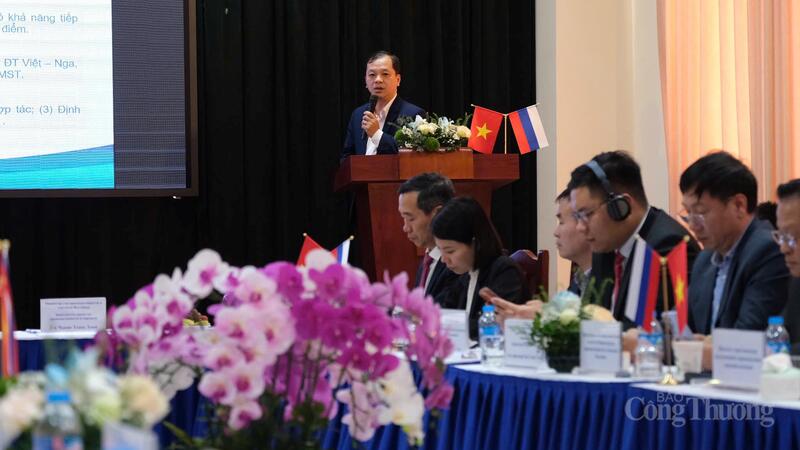
Dr. Hoang Truong, Institute for Industry and Trade Policy and Strategy, Ministry of Industry and Trade. Photo: Le An
Dr. Hoang Truong also emphasized that the Vietnam-Russia relationship in the field of science, technology and human resource development is a valuable "heritage", not only to be proud of but also to know how to exploit its maximum value in the new development stage.
Looking back at history, from the 1950s to the early 1990s, the Soviet Union received and trained about 52,000 Vietnamese citizens in many different fields. Among them, there were 30,000 engineers, 3,000 PhDs and 200 science doctors, becoming an elite force in the energy, mechanical, materials and chemical industries, which were the pillars of Vietnam's industry in the early period of nation building.
Vietsovpetro's petroleum engineers, the experts who contributed to the construction of the Hoa Binh Hydropower Plant, and the generation of Vietnamese students studying at Russia's leading universities today are proof of a model of practical and effective cooperation.
However, the current development context has changed rapidly and profoundly. The Fourth Industrial Revolution, along with the rise of AI and the digital economy, requires human resources that are not only strong in theory but also have the ability to create new technologies. The Russian Federation has strengths in mathematics, physics, mechanical engineering, nuclear energy, aerospace, and new materials. Meanwhile, Vietnam is focusing on implementing resolutions on science and technology development, digital transformation, and building a self-reliant industry.
“ The two needs meet at one point, requiring a new, more updated, more modern and more flexible training cooperation model ,” Dr. Hoang Truong expressed.
Shift from quantity to quality training cooperation
Despite having a solid foundation, Vietnam-Russia human resource development cooperation in recent years has not been commensurate with its potential. Dr. Hoang Truong pointed out specific limitations: Training programs are slow to innovate, lacking updates on new technologies; key industries such as intelligent automation, space technology, and new materials have not received due attention.
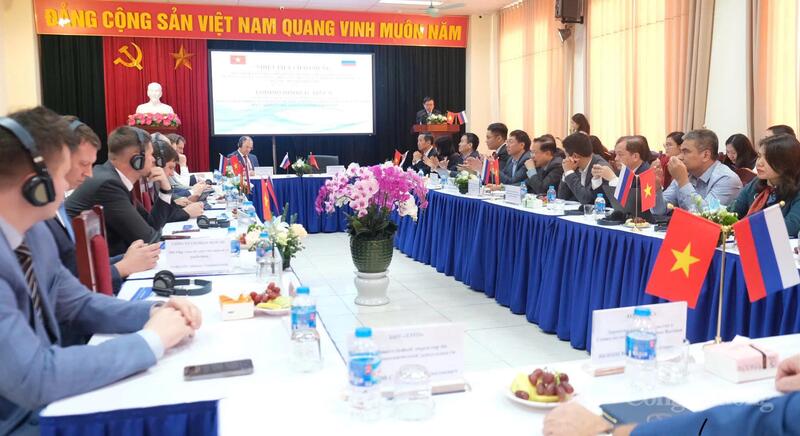
Vietnam - Russia Science Forum on promoting industry, technology and innovation. Photo: Le An
The dual degree model with international output recognition is not popular yet. The role of businesses in training and using human resources is still unclear. There is a language bottleneck when the generation with deep understanding of specialized Russian is gradually retiring, the younger generation lacks a foundation to continue.
There is also a lack of statistical data on students, postgraduates and the ability to use human resources after training. The remuneration mechanism and research environment are not enough to retain good experts. In addition, the COVID-19 pandemic has disrupted many postgraduate training programs, affecting the progress of thesis defenses and output quality.
“ If not quickly overcome, these factors will hinder the development speed of training cooperation in the new period ,” Dr. Hoang Truong acknowledged.
In the national industrial development and technology security strategy, human resource cooperation with the Russian Federation continues to be considered a priority pillar. Representatives of the Institute for Industry and Trade Policy Strategy also proposed solutions: Upgrading and expanding joint training programs, especially in new technology fields, linked to international output standards.
Establish collaborative research and training centers on cutting-edge technology, combining training with transferring research results into production. Enterprises must participate early, from training orientation to granting scholarships and receiving human resources.
Innovate the training method according to the dual model where students both study and practice in real industrial projects. Break down the barrier of specialized Russian language, train a generation of high-quality bilingual young experts. Create a stable legal and financial corridor, encourage in-depth research, and retain experts.
The prospects for cooperation are even clearer as Vietnam promotes the development of the following industries: renewable energy, materials technology, precision mechanics, civil defense technology, automation, digital transformation in industry, etc. These are all areas in which the Russian Federation has strong training and research advantages.
Dr. Hoang Truong affirmed his hope that cooperation in science and technology and human resource development between the Vietnam and Russia Industry and Trade sector will make a strong breakthrough in the coming time. This is not only a plan, but also an inevitable requirement in the context of fierce global technology competition and increasing demands for production autonomy.
“The 70-year legacy is not only to be preserved but also to continue to be a catalyst for the growth of a new generation of industrial intellectuals, a generation with enough courage and knowledge to master high technology, bringing Vietnam forward faster and more firmly on the path of industrialization ,” the doctor expressed.
Dr. Hoang Truong, Institute for Strategic Research on Industry and Trade Policy: Cooperation in developing human resources for science and technology between Vietnam and Russia in the period of 2026 - 2035 aims to form a team of experts capable of receiving, mastering and commercializing technology in the pillar fields of the Industry and Trade sector. The goal is to build a network of specialized cooperation centers, high-quality joint training programs and technology transfer projects with on-site practice.
Source: https://congthuong.vn/nhan-luc-nganh-cong-thuong-cau-noi-chien-luoc-quan-he-viet-nga-431330.html


![[Photo] National Assembly Chairman Tran Thanh Man holds talks with President of the Senate of the Czech Republic Milos Vystrcil](/_next/image?url=https%3A%2F%2Fvphoto.vietnam.vn%2Fthumb%2F1200x675%2Fvietnam%2Fresource%2FIMAGE%2F2025%2F11%2F21%2F1763715853195_ndo_br_bnd-6440-jpg.webp&w=3840&q=75)
![[Photo] Visit Hung Yen to admire the "wooden masterpiece" pagoda in the heart of the Northern Delta](/_next/image?url=https%3A%2F%2Fvphoto.vietnam.vn%2Fthumb%2F1200x675%2Fvietnam%2Fresource%2FIMAGE%2F2025%2F11%2F21%2F1763716446000_a1-bnd-8471-1769-jpg.webp&w=3840&q=75)

![[Photo] President Luong Cuong receives Speaker of the Korean National Assembly Woo Won Shik](/_next/image?url=https%3A%2F%2Fvphoto.vietnam.vn%2Fthumb%2F1200x675%2Fvietnam%2Fresource%2FIMAGE%2F2025%2F11%2F21%2F1763720046458_ndo_br_1-jpg.webp&w=3840&q=75)
![[Photo] General Secretary To Lam receives President of the Senate of the Czech Republic Milos Vystrcil](/_next/image?url=https%3A%2F%2Fvphoto.vietnam.vn%2Fthumb%2F1200x675%2Fvietnam%2Fresource%2FIMAGE%2F2025%2F11%2F21%2F1763723946294_ndo_br_1-8401-jpg.webp&w=3840&q=75)


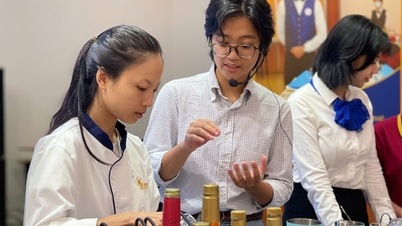

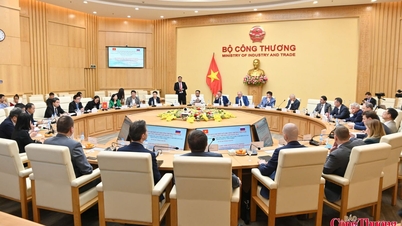


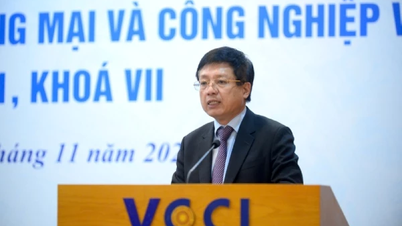

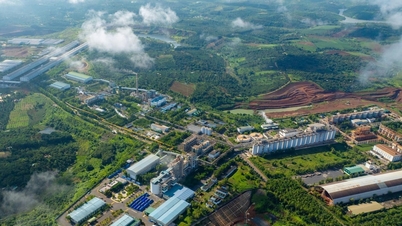

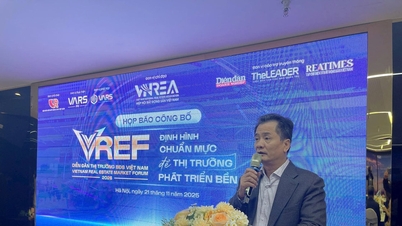


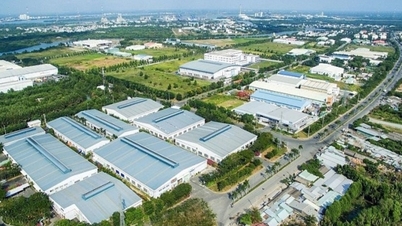

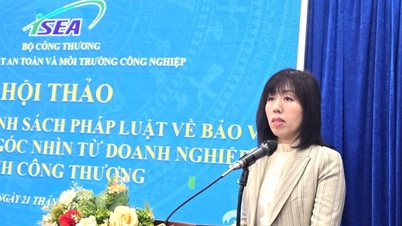
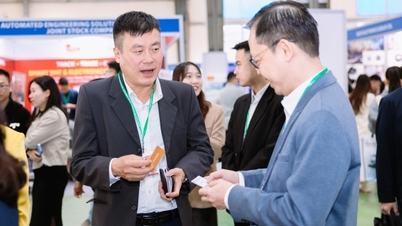




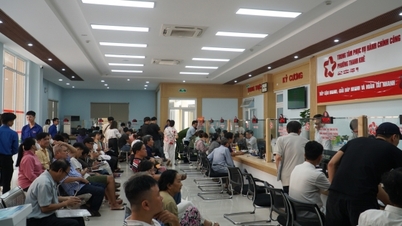
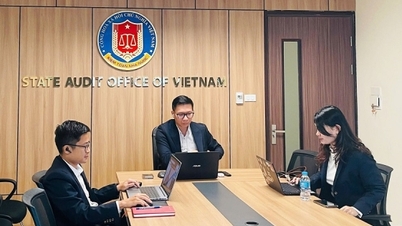

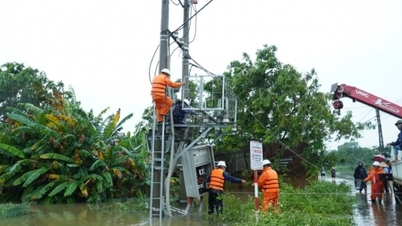
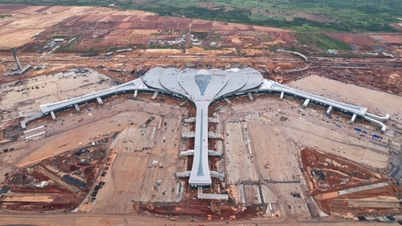
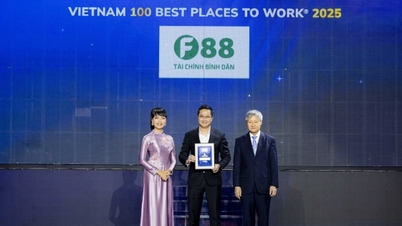





















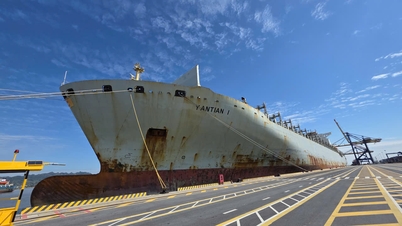
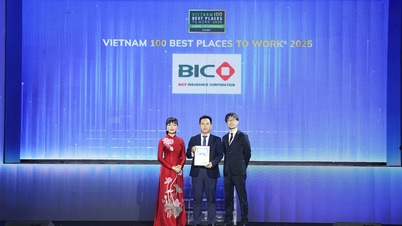
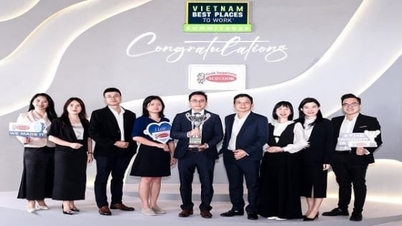


















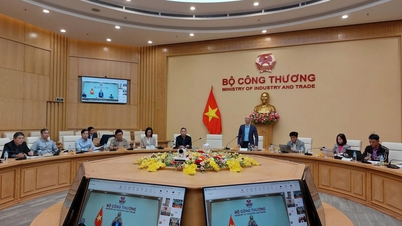

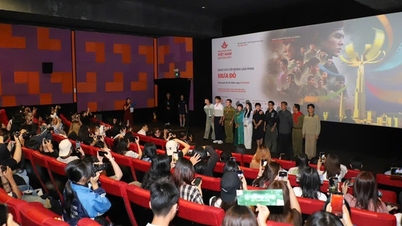



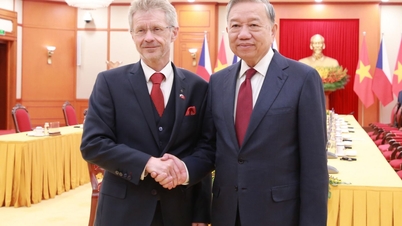

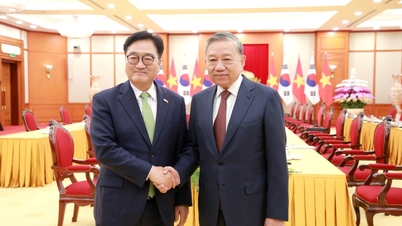


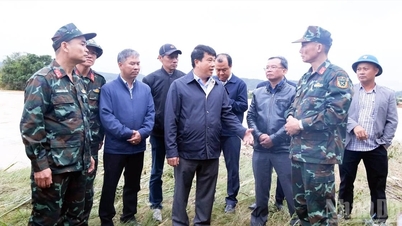
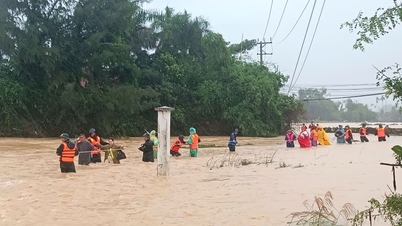



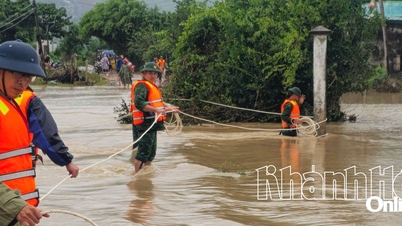
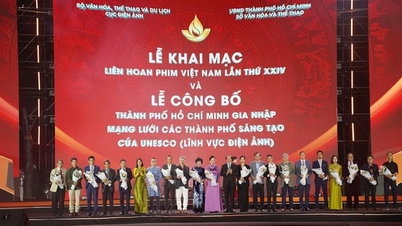















Comment (0)